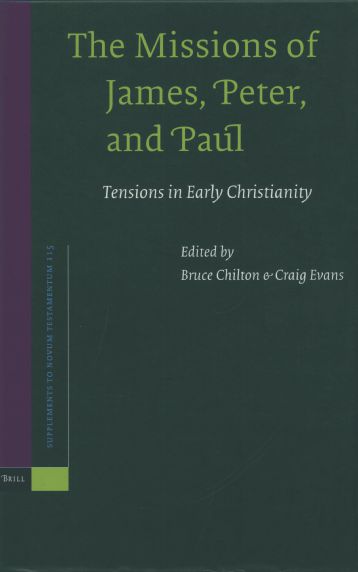 James 3:2
James 3:2
For we all stumble in many ways. If anyone does not stumble in what he says, he is a perfect man, able to bridle the whole body as well. (NASB)
The opening sentence of this verse continues the first-person plural of verse 1b, and may be read as though James continues his instruction concerning teachers. Verse one, however, is not addressing teachers directly but the congregation generally—‘my brothers and sisters’—about those who might consider becoming teachers. The congregation knows that ‘we’—teachers—will be subject to greater scrutiny in the judgement, and thus, not many (πολλοὶ) of them should become teachers. In this verse the ‘we’ returns to its general sense: “For we all stumble in many ways” (polla gar ptaiomen hapantes; πολλὰ γὰρ πταίομεν ἅπαντες)—James again, is addressing all his ‘brothers and sisters.’
This statement is a truism: each one of us continues to stumble in many ways (NASB) or, ‘over and over again’ (JB)—the polla can signify either meaning, and there is little between them. Although the way in which we stumble may differ from one person to the next—we do not all stumble in exactly the same way—each does stumble, and likely does so ‘over and over again.’ To ‘stumble’ seems to indicate relatively minor transgressions, what McKnight (274) refers to as ‘peccadillos.’ But even a minor transgression may become a more serious issue for the teacher whose more visible public role may mean that the stumble has greater or broader impact.
Now James will focus on a particular issue: while all may stumble in different ways, it is virtually inevitable that all will stumble with respect to their speech. This is, of course, particularly the case for teachers whose role involves a good deal of public speaking. Nevertheless, while “if anyone” (ei tis; εἴ τις) could certainly refer to teachers, it could equally refer to anyone at all. James is making a general statement that he will discuss further in what follows. “If anyone does not stumble in what he says” (en logō ou ptaiei; ἐν λόγῳ οὐ πταίει), literally, ‘in word’ (en logō) “he is a perfect man” (houtos teleios anēr; οὗτος τέλειος ἀνὴρ). Typically, James refers not to an abstract ‘sinless perfection,’ some indefinable or intangible ideal, but to a fully developed maturity of character. We have seen in 1:4 that to be teleios refers to mature character shaped by endurance in the face of trial and suffering. It is described as being complete or entire, lacking nothing. 1:25 suggests that such ‘perfection’ is the fruit of a life shaped by the ‘perfect (teleion) law of liberty,’ as one gazes into and practises the Word and is a doer of the work. Here, the ability to control one’s tongue so as not to stumble in word, is indicative of such maturity. Those able to bring the tongue into submission are also, according to James, “able to bridle the whole body as well” (dunatos chalinagōgēsai kai holon to sōma; δυνατὸς χαλιναγωγῆσαι καὶ ὅλον τὸ σῶμα). So difficult is it to control one’s tongue, that mastery here suggests a degree of self-control that is able to master one’s other passions and appetites as well.
This verse is a forceful reminder (Davids, 138) of 1:26 where, if one fails to ‘bridle’ (chalinagōgeō) one’s tongue, their religion is worthless. For James, a controlled tongue is central to genuine spirituality and indicative of maturity.
It is worth noting that James’ concern for the proper use of the tongue continues a prominent strand of reflection in Israel’s wisdom tradition and in the teaching of Jesus. It is worth noting also that while Scot McKnight’s argument that ‘body’ in 3:2 refers to the messianic community supports his contention that James is referring to and addressing teachers throughout this section, this seems an unlikely interpretation of the verse (276). James does not develop the ‘body’ metaphor for the church as Paul does in his writings, and makes no reference to this idea anywhere in his letter. And while it is true that James’ overall purpose is harmony in the congregation, he will arrive there by a different route.



